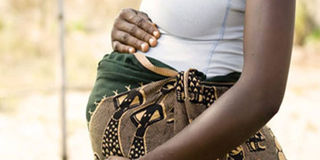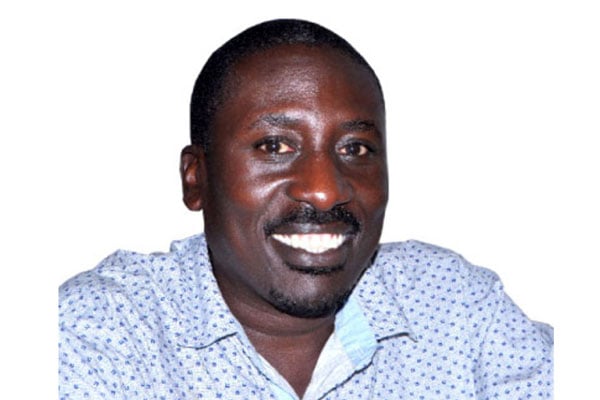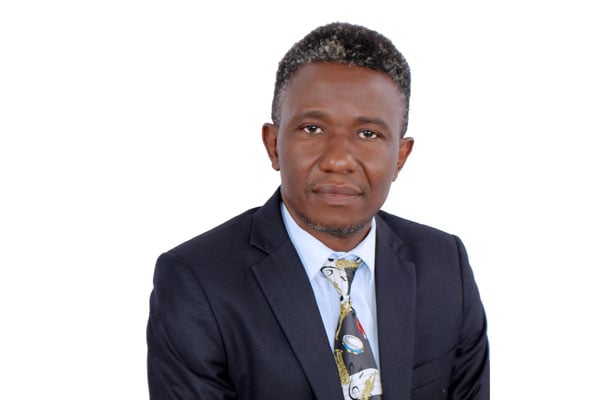Prime
How we’re supporting girls in Kween to stay in school

Pregnancies amongst young girls increased during the Covid-19 lockdown. PHOTO/FILE
What you need to know:
- Now since girls are at home where it is a taboo to talk about menstruation with parents, they have no pocket money to buy pads or friends to borrow from, they opt to take money from men in exchange for sex.
The closure of schools due to the Covid-19 lockdown led to a new form of ‘pandemic’ among the teenage girls across Uganda. Media houses and several reports have highlighted the rising cases of teenage pregnancies and marriages across the country. Kween District is one of the most hit.
A closer look into this problem indicates that girls are trading sex for sanitary pads and due to some other menstrual health myths such as the one that sex cures menstrual cramps and that pregnancy is an end to menstruation for life.
When girls are at school, they can use pocket money to buy pads, they can share with friends, some schools have pad banks, the menstrual stigma at school is low and at school, men who would offer money for pads in exchange for sex are not there.
Now since girls are at home where it is a taboo to talk about menstruation with parents, they have no pocket money to buy pads or friends to borrow from, they opt to take money from men in exchange for sex. Some parents are just negligent to buy pads whereas some cannot afford. As a result, they get pregnant. This is one cause on top of many other causes.
As a team of seven youth volunteers from Kween, we launched “A pad for Kween” campaign to raise 4,000 packs of pads for 2,000 girls across the district. We have raised Shs3, 220,000 and bought 1,600 packets of pads and distributed them to 960 girls, at least 40 girls from 11 sub-counties in Kween District. We raised this from ourselves, friends and well-wishers. We are still mobilising resources to reach more girls.
We have used this platform to talk to girls about the need for them to stay safe and complete school. Our message is ‘Books before babies’. We have also shared with them alternative ways of getting pads such as making them locally and asking their parents. We have engaged local and religious leaders in these conversations. The team has challenged the parents to support their girls to stay and complete school. The girls were so free and shared their stories, challenges with us. We learnt that there is a very big gap between parents and their daughters.
Communication is one way. Parents do not create space and time to listen to the challenges that the girls face. As a result, girls look for love and attention from all the wrong places. Girls begin to confide in men, for example boda boda men who take advantage and sexually exploit them.
Our bigger goal is to offer a lasting solution to menstrual related challenges. We are looking forward to working with individuals and organisations to train all girls in Kween and young mothers to make reusable pads. We are also working to empower and support girls with entrepreneurship skills to enable them earn some income to buy basic needs. We are challenging all members of different communities, especially the youth, to offer leadership skills in solving various challenges that came with the pandemic.
As the team leader, I’m very grateful to the people who have supported us this far. I’m grateful to my team, the mobilisers from the various sub-counties who helped us identify and mobilise the most vulnerable girls. I also appreciate the RDC Kween District, the teachers, local leaders, religious leaders who supported us in talking to the girls.
Esther Chebijira, [email protected]




